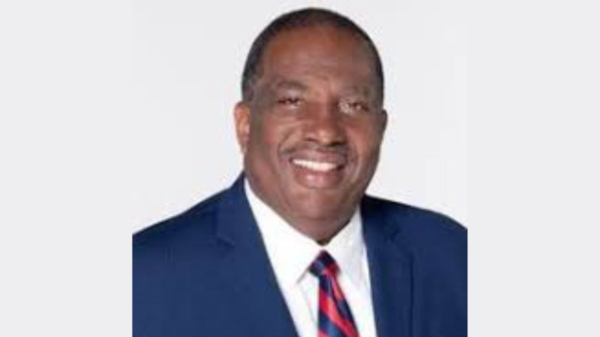Left : Sen. Royce West
Right : Botham Jean
By Royce West
Texas Senate
It is an uncomfortable fact for some that all communities and all citizens are not policed in the same manner across this country. But George Floyd’s death in Minneapolis on May 25, 2020, Memorial Day, became a tipping point, a pivotal moment, like the images from the Edmund Pettus Bridge in 1965, when too many Americans became unable to ignore or digest, what they had witnessed. And by last Fall, police reform/social justice-themed legislation was being discussed across the nation.
I decided that my Criminal Justice agenda for the 87th Legislature would focus on police accountability, social justice and police reform. I sponsored the George Floyd Act – HB88 by Rep. Senfronia Thompson/SB1224 West and HB929 by Rep. Sherman/SB380 – the Botham Jean Act in the Senate.
A bill filed during the 86th Legislature was re-filed as part of this social justice/police reform platform. SB111 is named for Dallas resident Richard Miles who was arrested, wrongfully convicted of murder and attempted murder in 1995 and sentenced to 60 years in prison.
Miles was released on bail in 2009 and exonerated in 2012 after being imprisoned for nearly 15 years. All the while, police withheld evidence which would have cleared Miles that was nev- er turned over to defense or to prosecutors.
SB111 requires police to submit a statement to prosecutors attesting that all evidence that must be turned over to defense under the Code of Criminal Procedure – Michael Morton Act, has been turned over to prosecutors. The requirement is ongoing if new evidence is discovered.
Despite early momentum, the George Floyd Act was met with stern opposition. Quite frankly, we were told point blank that no bill with Floyd’s name on it would pass out of the Senate. So our tactics had to change.
What my Senate colleague Borris Miles, “Ms. T” and I were able to do was to take components of the George Floyd Act and convert them into stand alone bills. SB69 by Miles creates a duty for officers to intervene if they observe another officer using force beyond what is necessary to apprehend a suspect or use tactics that are illegal under state or federal laws.
SB68 by Miles would prohibit the use of chokeholds or other carotid artery restraints by officers that restrict breathing or blood flow. I coauthored both bills.
My SB2212 creates a duty for law enforcement to request and render aid for a person an officer observes to have been injured during the course of the officer’s duties, unless doing so would place the officer or others in danger.
An amended version of HB929, the Botham Jean Act, was sent to the Governor. It requires that video collected by body worn cameras during an investigation be maintained as evidence and for cameras used by officers to be activated and deactivated according to agency policy.
I sponsored an amended version of HB3712 by Rep. Ed Thompson of Pearland. It takes SB2212 on duty to request and render aid, and the amended HB69 prohibiting chokeholds and creating the duty to intervene and requires TCOLE to develop training on these topics.
Weeks of intense work went into SB1544, a bill that would for the first time under Texas law, create rules for the use of no-knock warrants by law enforcement. It was one of two bills named to honor Breonna Taylor and Atatiana Jefferson; both killed by officers while in their homes.
The sixth version of SB1544 would have mandated body cameras use by officers who actively participate in a no-knock entry. The challenge was in finding agreement on the use of cameras by large agencies with hundreds of officers, versus the limits of small agencies, who may have 10 or fewer officers and whether enough cameras are available.
SB1544 stalled in Senate Committee. Eventually, HB492 on no-knock warrants by Rep. Gene Wu of Houston was the last vessel afloat. The amended language did not include the use of body cameras. It contained Senate language that would require that warrants be issued if possible, only by a judge who is an attorney. House language would require the head of a law enforcement agency or their designee, to approve the warrant.
HB492 took one day too long and was not finally approved by the House following the walkout, after returning from the Senate on May 31. Power con- cedes nothing without struggle.

You must be logged in to post a comment Login